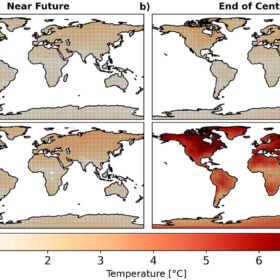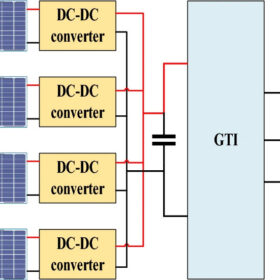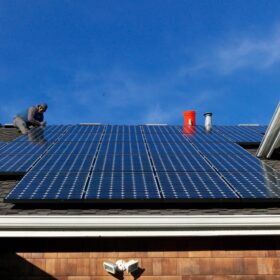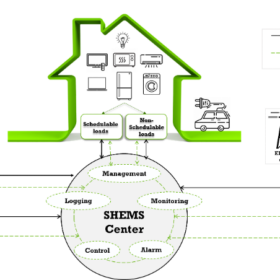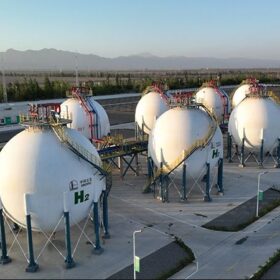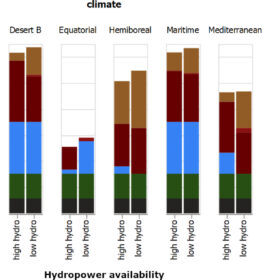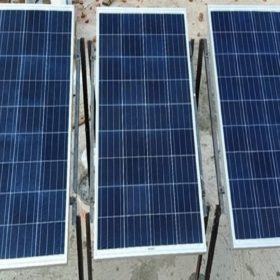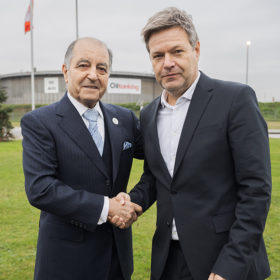Renewables underpin Fortescue Morocco joint venture
Australian iron ore and renewables giant Fortescue Energy has signed a joint venture with Moroccan phosphate mining company OCP Group to supply green hydrogen, ammonia, and fertilisers to Morocco, Europe and international markets.
Solar productivity negatively impacted by emissions and aerosols, study finds
A study by engineers at UNSW, published in the Renewable Energy journal, shows that aerosols and greenhouse gas emissions reduce the productivity of photovoltaic installations and that this differs according to the global region.
New MPPT approach for multi-string PV systems under partial shading
Egyptian researchers has developed a multi-string PV system with a converter control strategy, achieving 99.81% efficiency with a direct duty cycle for maximum power point tracking (MPPT).
Novel tool for PV system sizing allows users to assess tradeoffs between reliability and costs
Developed by scientists in Egypt, trhe Green Energy Solutions software allows users to assess the tradeoffs between the PV system reliability and its costs. Compared to PVsyst, it has an error margin of up to 9%.
Energy management system to combine residential PV with gravity storage
Researchers in Morocco have created a new energy management system that allows the combination of rooftop PV with gravity storage. The proposed system is reportedly able to perform smart energy distribution within a household while also lowering electricity costs.
The Hydrogen Stream: China starts world’s biggest solar-to-hydrogen site
China’s Sinopec has switched on the world’s largest solar-to-hydrogen project in Xinjiang, while India has unveiled a new plan to incentivize green hydrogen and electrolyzer production.
Electrolysis cost-efficient in all climates, says Finnish team
Researchers at the VTT Technical Research Centre of Finland said that chemical energy storages were needed for short and long-term balancing in every climate region, especially in the northern climates. Meanwhile, companies are moving forward with their plans to produce hydrogen in Namibia and Morocco.
World’s largest hydrogen airplane makes first flight
The hydrogen stream: ZeroAvia tested its new 19-seat hydrogen-powered aircraft, Chinese scientists unveiled new tech to promote bubble removal in electrolysers, and Egypt-Japan University of Science and Technology researchers claimed that the most efficient hydrogen production systems are based on waste heat.
Hydrophobic nanocoating to reduce soiling in solar panels
Scientists in Egypt have created a self-cleaning, hydrophobic coating for solar panels that reportedly increases their efficiency by more than 30%. They used a coating solution based on polydimethylsiloxane (PDMS) and silicon dioxide (SiO2) nanocomposites, mixed with ethanol and isopropanol.
Germany to import green ammonia from Saudi Arabia from 2026
Germany has decided to build its first green ammonia import terminal in Hamburg, in collaboration with Air Products. Egypt, meanwhile, has signed $128 billion of hydrogen framework agreements.

